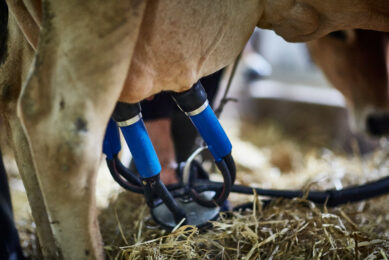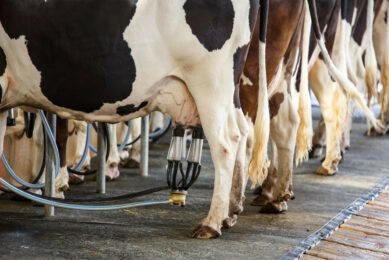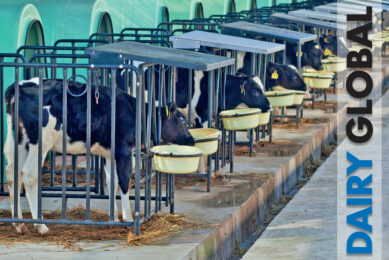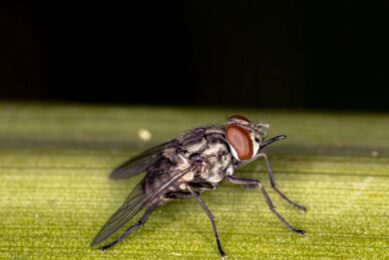Australia: Zoetis sees strong growth in genomic testing
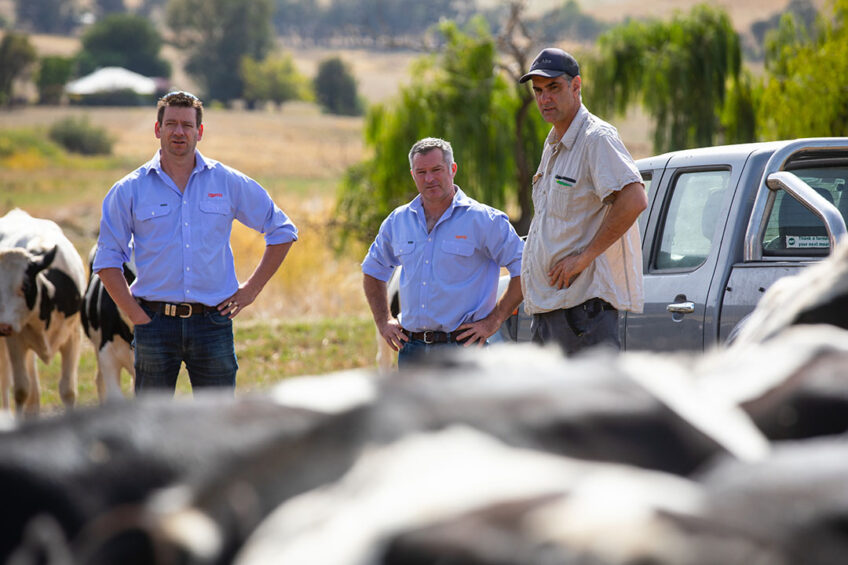
Genomic testing is still in the early stages of adoption on dairy farms in Australia. But this financial year global health company Zoetis has seen a strong growth in the uptake of testing.
Genomic testing in Australia “would still be under 10%,” says Daniel Abernethy, genetics manager (Australia New Zealand) of Zoetis.
Superior heifers
Zoetis Clarifide, a genomic selection tool in Australia to assist in the detection of superior dairy heifers from as early as birth, is expecting an increase of 25% in 2019-2020, compared to the previous season.

“But there are still a lot of farmers that are unaware that there is merit in knowing the genetic traits of animals within a herd,” says Abernethy. That genomic testing can actually address the challenges that they experience on their farm.”
Led by Australian researchers, the technology underpinning genomics was first published in 2001. Clarifide launched commercially in Australia in 2015. According to Abernethy genomic testing is the most significant recent improvement in the ability to conduct genetic evaluation on farms. “It has started a revolution in the livestock business”, he says.
In Australia Zoetis cooperates with DataGene, an independent and industry-owned organisation responsible for driving genetic gain and herd improvement. “Our basis is to drive genetic improvement within a dairy,” says Abernethy. “The fundamental part of that is genomically assessing the genetic merit of youngstock.”
Data comes to life
It’s a very practical technology, he explains. “If a producer has 150 heifer calves on the ground, he uses a hair or tissue sample from each of those animals. We run that sample through our lab, which creates a DNA profile for each animal. That data is then used to calculate the genetic merit for the animals with results available for farmers on our online tool SearchPoint for decision support. The data comes to life for producers this way.” The cost of a basic test is AUS $50 (US$ 31.70)

Animal performance and fertility
With a plan for breeding objectives farmers can analyse the potential of their animals. They can tell how an animal is going to perform in the dairy or how fertile it is going to be. Farmers are able to calculate if the heifer will be worth the AUS $1300 (US$ 824)to AUS $1500 (US$ 951) it will cost to rear the animal. “No producer wants to breed an animal that is below par,” adds Abernethy.
“The underlying objective is usually profitability,” he explains. “Producers often have to provide more with less. And we know there is a lot of variability in the merit of animals within a herd. On average the top 25% of cows in Australia have a AUS $300 (US$ 190) per cow per year greater margin over feed and herd costs than the bottom 25%. And managing your inventory of heifers is the greatest cost within herd management.”
Genomic testing enables farmers to improve the key elements that are driving profit, emphasises Abernethy. “A very common trait farmers look at is fertility. The underlying genetic merit of an animal is the foundation for this. So if you can make early decisions on heifers any given year, and you select the animals with the best fertility, you will drive genetic gain in your herd.”
Mastitis, lameness and milk yield
Other traits that have become more important over time are mastitis resistance, overall survival, milk yield and the mammary system of cows. New is the ability to focus on the next core group of traits that impact profitability being health and wellness.
With Clarifide Plus farmers receive results for wellness traits such as mastitis, lameness and metritis. And they can now also see the genetic merit estimates for calf scours, calf respiratory and calf liveability. Zoetis announced on 7 April that Clarifide Plus genetic tests for Holsteins and Jerseys now also include cow-wellness traits for cow respiratory disease and fertility traits for cow abortion, twinning and cystic ovary. “To be able to assess this is certainly a new level in genomic testing,” says Abernethy.
Join 13,000+ subscribers
Subscribe to our newsletter to stay updated about all the need-to-know content in the dairy sector, two times a week.



